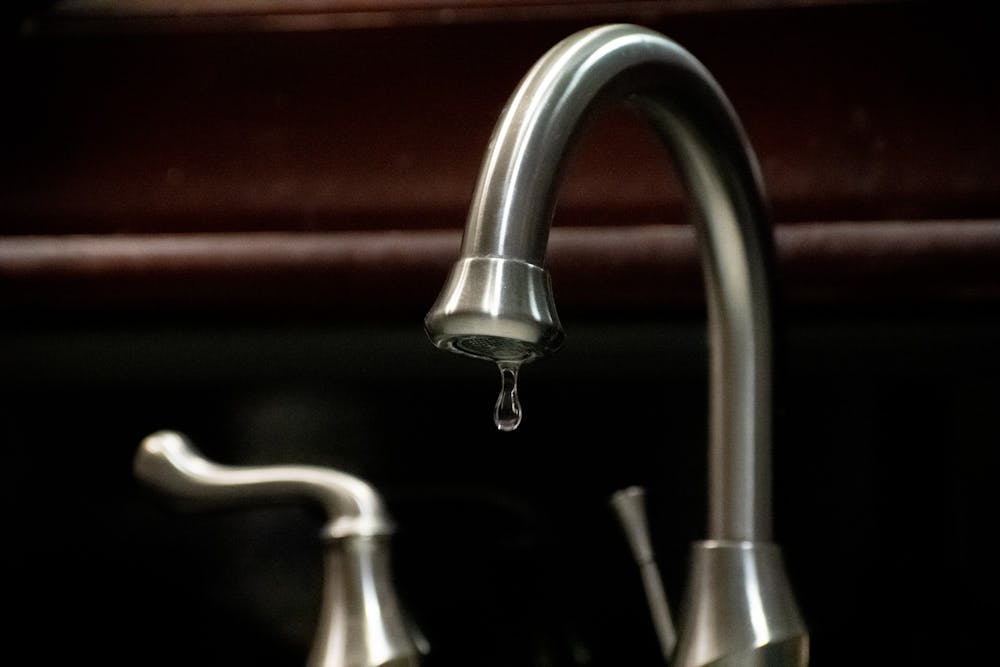The Orange Water and Sewage Authority presented updates on its Long-Range Water Supply Plan at the Orange County Board of County Commissioners business meeting last Thursday.
The Long-Range Water Supply Plan, which was last revised in 2013, determines ways to provide reliable, cost-effective water to UNC, Carrboro and Chapel Hill through 2060.
Ruth Rouse, planning and development manager for OWASA, said that while the area has a low risk of running out of water, there is still the possibility of an extended drought, which could affect the supply in the Cane Creek Reservoir due to its long refill times. The Cane Creek Reservoir is one of Orange County's main water supply sources.
The Long-Range-Water Supply Plan aims to address problems that were in part raised by previous droughts in 2001 and 2007.
Now, Rouse said, OWASA has determined that Orange County's portion of Jordan Lake's water supply is the best option to maximize current resources.
“We did look at drinking water data from Cary and Chatham County, which both have water plants on the lake,” she said. “Their data shows that they are consistently meeting all drinking water standards."
OWASA is also working with the Western Intake Partnership, which includes Durham, Pittsboro and Chatham County, Rouse said. WIP is designing a new water treatment plant on the western shore of Jordan Lake, which is set to begin operations in 2031 and expand in 2050.
Todd Taylor, executive director for OWASA, said that the organization’s top concern is water quality due to the large number of residents it is supplying.
Taylor said when harmful chemicals, such as Gen-X, are found, water treatment plants generally have to be modified to continue providing safe water.




